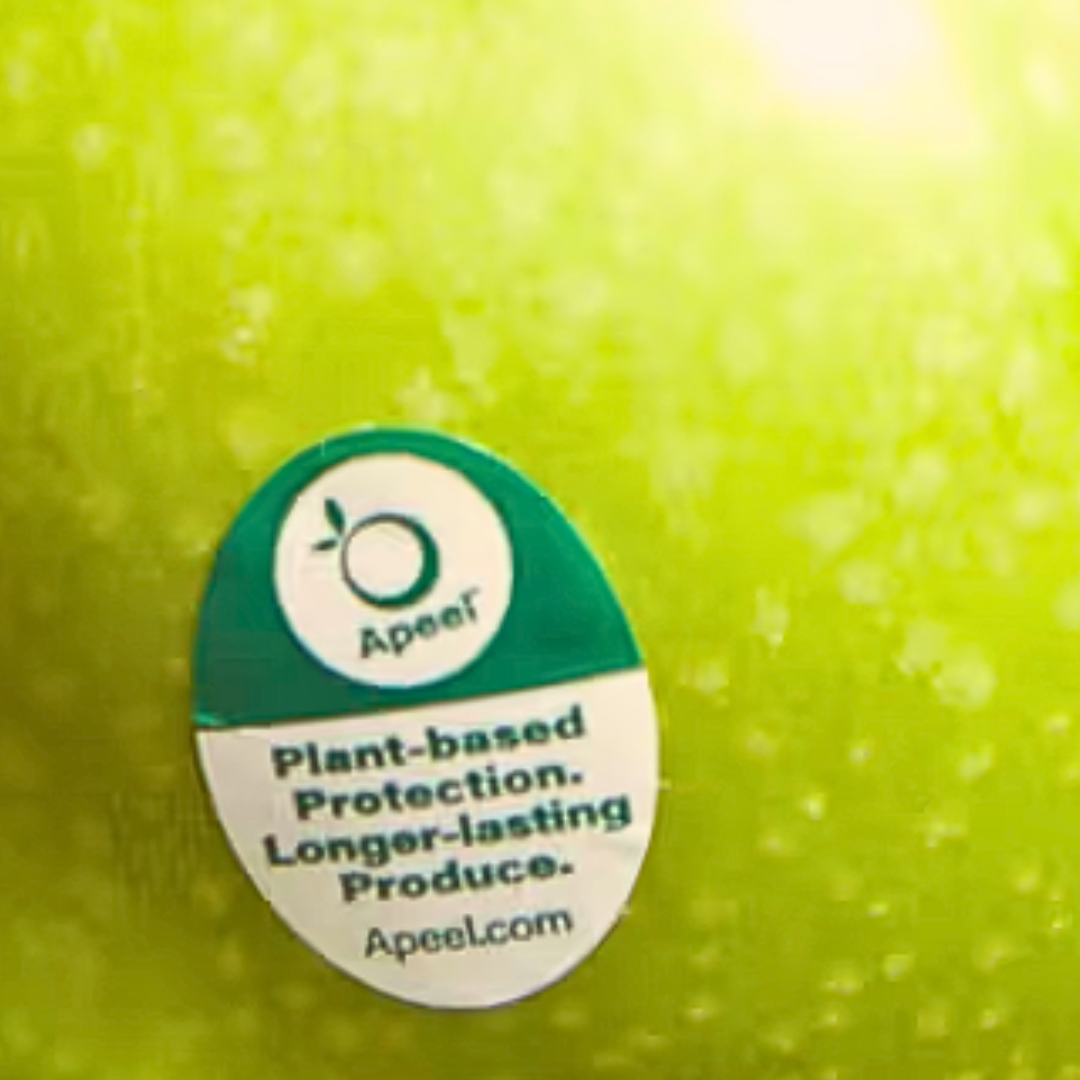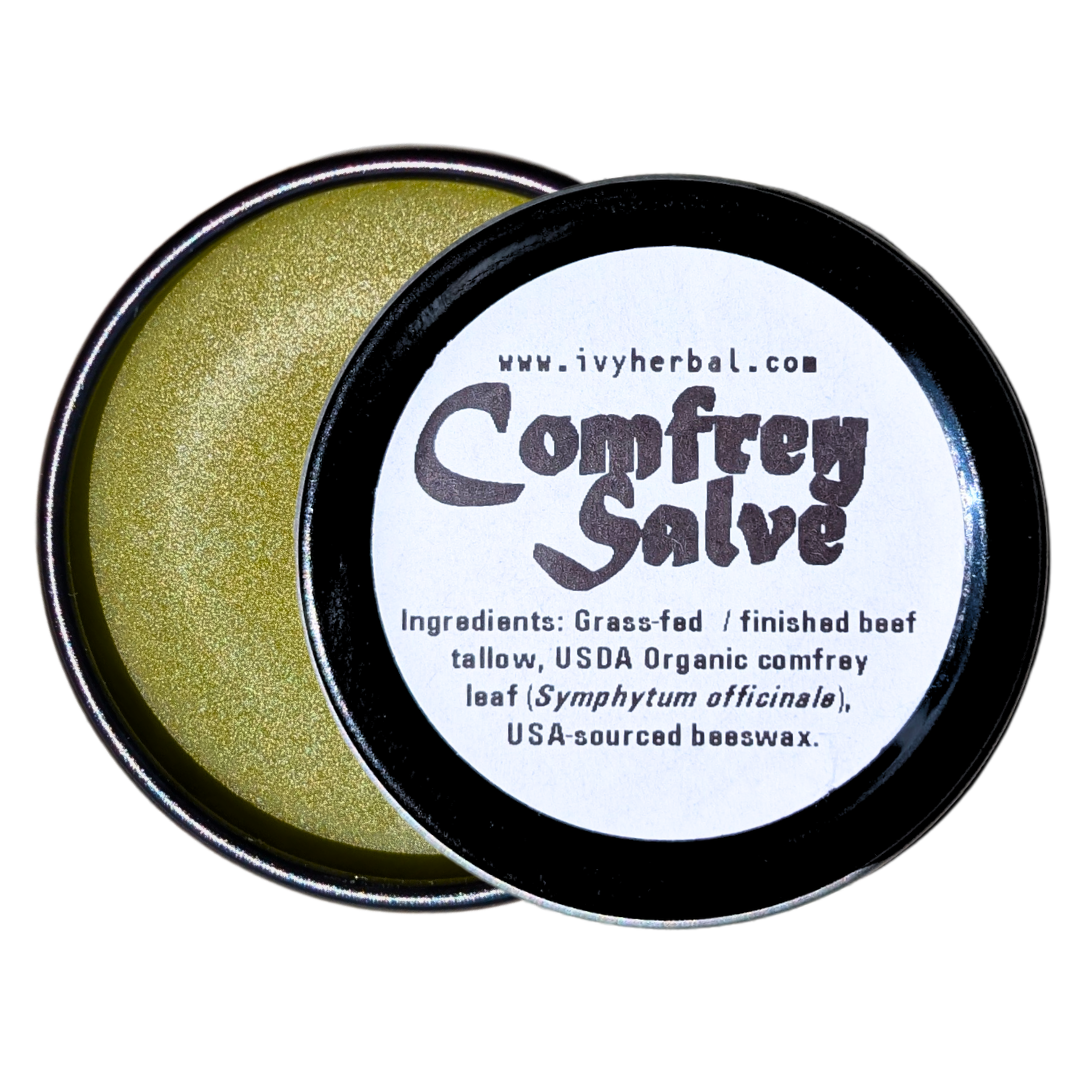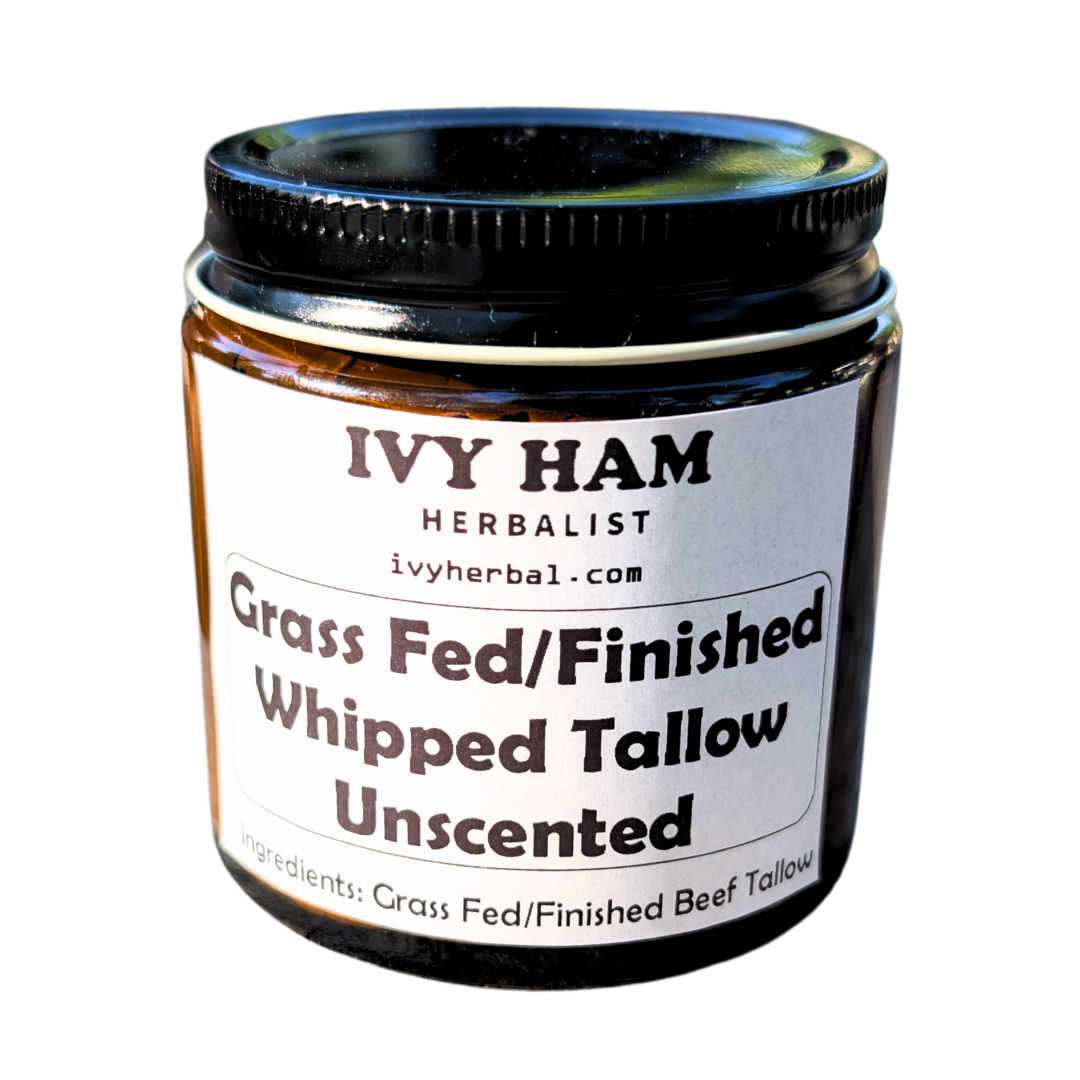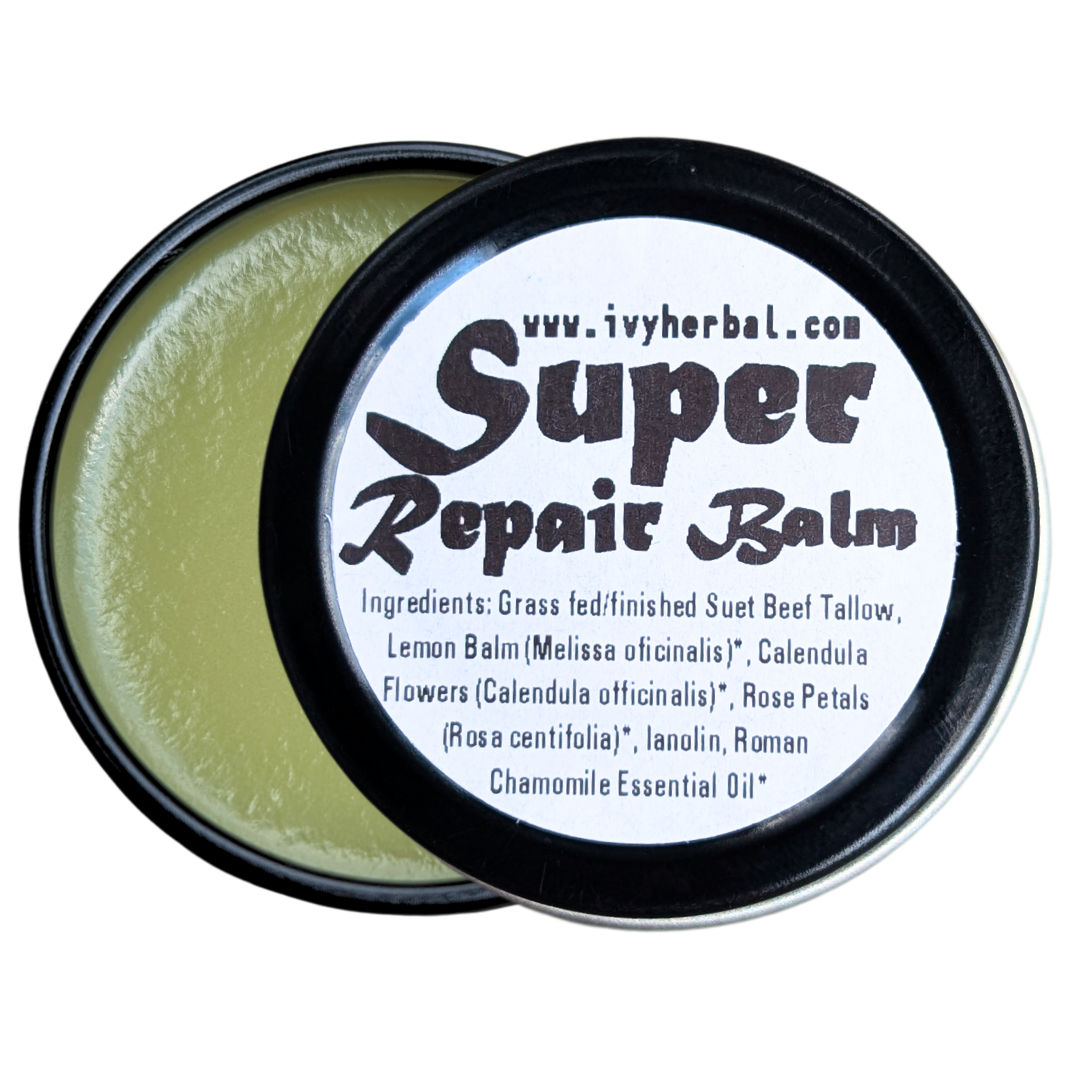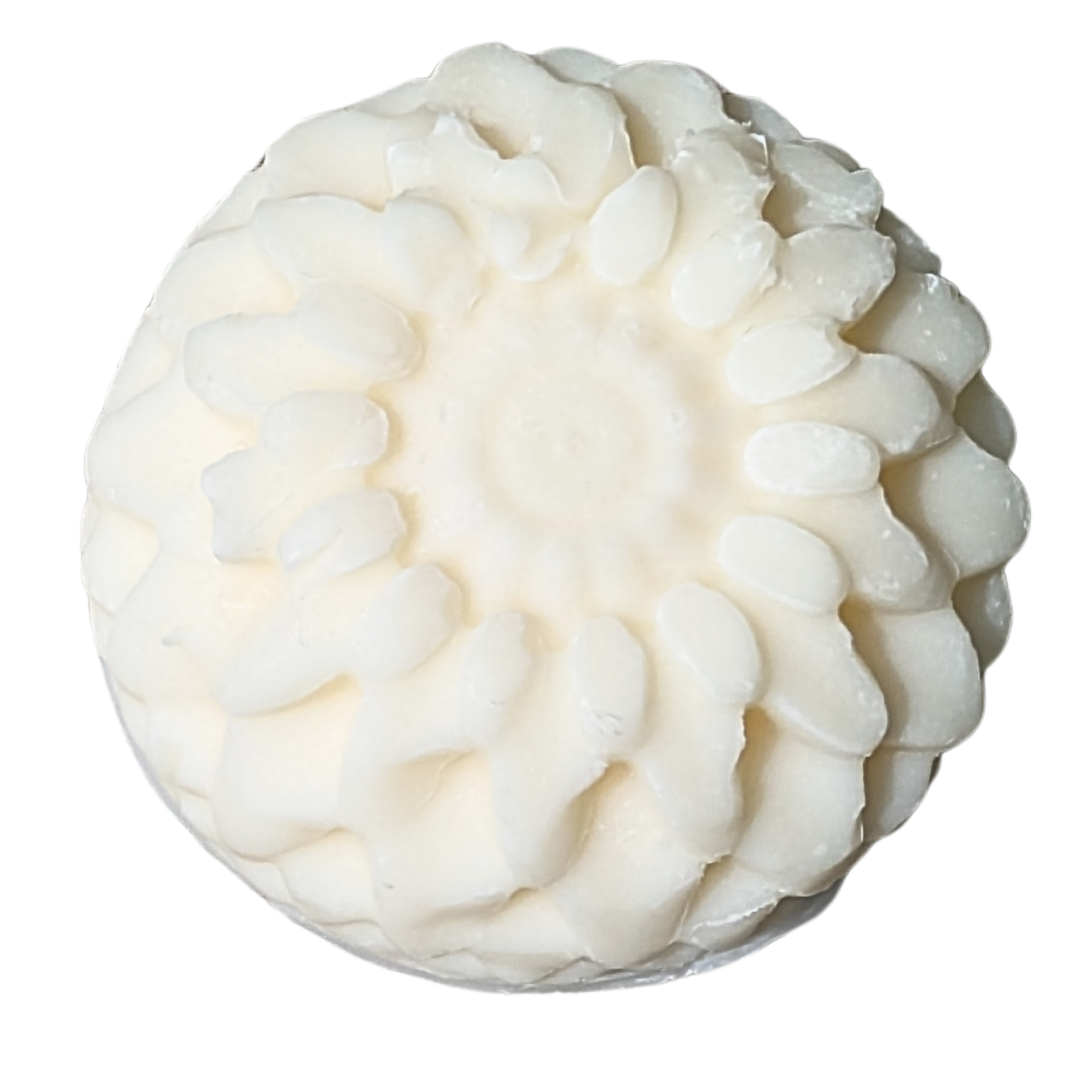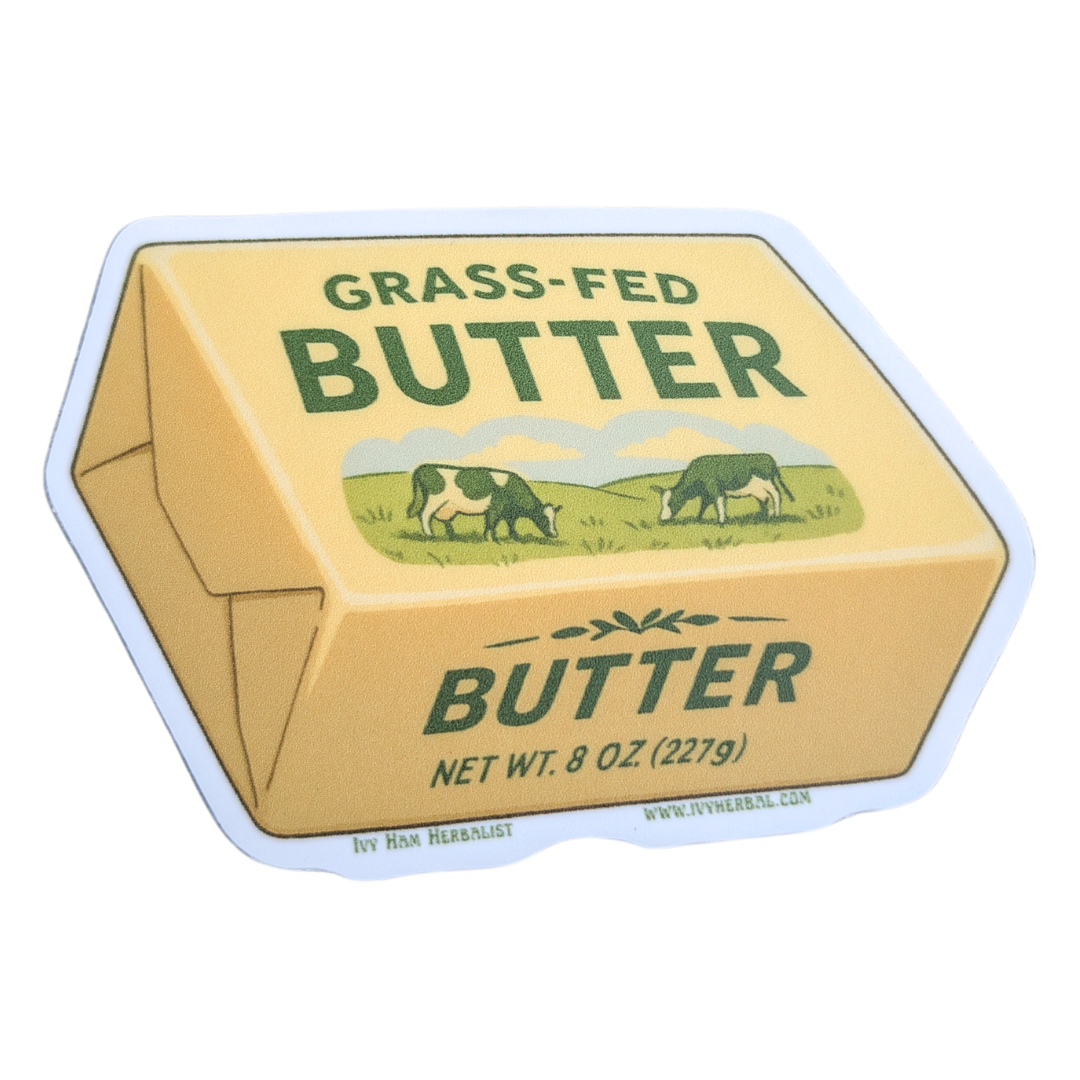List of U.S. Grocery Chains Not Using Apeel-Coated Produce (as of Jan 2026)
Last year I bought an organic navel orange grown by Sunkist and it took over 6 months of sitting on my counter to show any signs of decay. Over that time, the nutrients degraded significantly, yet it still looked like a normal orange I could have picked up from the store today.
Since Apeel coatings have been approved for use in organic and conventionally-grown produce, we now have no idea of the freshness and nutrient content of our food. This compounds the effects of decades of poor farming practices which have considerably depleted nutrients in our soils and food supply. Is the possibility of reducing food waste really a good trade-off when the majority of the US is currently nutrient deficient?
What Even is Apeel?
Apeel is a coating that's applied to fruits and vegetables to increase shelf life by slowing down water loss and oxidation. Organipeel, which is a version of Apeel, was recently approved by the USDA for use on certified organic fruits and vegetables.
Why I Avoid Eating Apeel/Organipeel™ Coated Foods
1. The coating stays on the food
Apeel creates a water-resistant layer on the peel of produce. Shoppers and retailers who have tried to scrub it off report that most of the coating remains, so it ends up being eaten. Apeel says warm water and friction will remove it, but the debate continues (PCC Community Markets).
2. Limited safety data / Hypernovelty
Apeel’s own GRAS filings rely on a 90-day rat study, several chronic studies in rats and dogs, and 12 human trials that ran three to twelve months. There are no lifetime, multi-generation, or epidemiological studies (U.S. Food and Drug Administration). No publicly available research looks at long-term effects on our health, pollinators or soil life.
The recent failure of mRNA “vaccinations” that ended up being neither safe nor effective, are an important reminder of the importance of long-term, placebo-controlled trials done on humans. While Apeel does seem like it could be more benign than the haphazard gene therapy many of us were exposed to, we still don’t know the full ingredient list for either of these products, and similarly, they were both promoted by Bill Gates who, in my view, is best known for his long-term involvement with Jeffrey Epstein, paralyzing thousands of African children via his oral polio vaccines and promoting the COVID-19 mRNA shots up until he sold his shares in those companies, raking in 10x profit.
Gates also has had financial ties to Apeel Sciences in the past, and through his foundation, donated around a million dollars to the startup. Apeel Sciences claims that as of a year+ ago, Bill Gates had no personal ownership or involvement with the company.
3. The Main Active Ingredient (citric acid) is produced with black mold
Source: EPA
Organipeel™ , the version used on certified-organic produce, is registered with the U.S. EPA (Reg. No. 92708-1). The master label lists 0.66 % citric acid as the active ingredient and 99.34 % “other ingredients.” (US EPA)
Roughly 99% of food-grade citric acid is not squeezed from citrus but fermented from glucose by the black-mold fungus Aspergillus niger. (PMC)
Having a black mold issue in your home can make you insanely sick, but citric acid made by the same strain of mold is fine to eat? Citric acid is found in tons of products and as I mentioned before, ~99% of it is made by fermenting black mold.
4. It makes produce look fresher than it is
Less fresh = less nutrients
By slowing water loss and oxygen exchange, the coating keeps fruit and vegetables firm and shiny for weeks or months longer than is natural. Appearances can mislead: vitamin C losses of 15 %–77 % have been documented in common vegetables after only seven days at typical refrigerator temperatures. (PMC) So basically, the food may look fresh, but since it’s been sitting there for who knows how long, the nutrients may have degraded significantly.
5. Most of the formula is proprietary
Because the product is registered as a pesticide, only the active ingredient appears on the public label. The remaining 99% of the formulation is kept proprietary, so neither retailers nor shoppers can see a complete ingredient list. (US EPA) The FDA GRAS letter does include manufacturing specifications for the food-ingredient portion, including limits for residual solvents and heavy metals in the finished ingredient (for example, lead, palladium, and arsenic), but pesticide product labels disclose only the active ingredient and list the rest as “other ingredients.”After researching how our food is produced for several years, I personally avoid products that are sketchy about disclosing their ingredients or testing for contaminants.
Follow the Money
Increasingly, I’ve seen smaller brands that start out with good intentions, be bought by private equity or mega corporations. This is a huge issue in our economy right now, as when this happens, the quality of the goods these companies make tends to degrade in order to cut costs and increase value for shareholders. Making food safer, healthier, less addicting, more nutritious, etc. are all ideas that are not really profitable, and therefore usually not a priority. It is common for companies to swap out ingredients to make a cheaper and more lucrative product at the cost of your health.
Baby food and formula is a great example of this, with nearly every brand testing positive for heavy metals and the fact that most US-produced formula is composed of ~50% “corn syrup solids” and seed oils. Just a reminder, there is no safe level of heavy metals in foods since they are cumulative (especially for children and babies since their brains are still developing and exposure to these contaminants can cause brain damage).
If you’re unable to breastfeed for some reason, please look into Weston A Price’s infant formula recipe or purchase infant formulas that are made overseas avoid buying these products.
U.S. Grocery Chains Not Using Apeel-Coated Produce (as of Jan 2026)
Note that this is just the info I was able to find online. You may need to double check with your local grocery store to confirm if this info is correct on a local level since policies and individual suppliers may vary. I have updated the list for 2026, and if I missed any stores, please send me a link to their public statement so I can add them to the list.
Sprouts Farmers Market – Sprouts has decided not to carry produce treated with Apeel. The company internally communicated that it would stop sourcing any fruits or veggies with Apeel or its variants, aligning with its natural/organic focus. As of 2026, they continue to exclude Apeel-coated produce from their sourcing.
Natural Grocers – Natural Grocers has publicly announced that it does not carry any produce (or products) treated with Apeel. In an official statement, the retailer said Apeel and Organipeel coatings do not meet its strict product standards and are banned from all stores. As they sell only organic produce, they provide corporate statements to assure customers their fruits and vegetables are Apeel-free.
Publix – Publix has explicitly stated it will not purchase or sell any produce treated with Apeel’s coating (post on x from 2023). According to company communications, Publix has declined to carry Apeel-coated produce and has no plans to do so, as part of its commitment to fresh, natural products.
H-E-B & Central Market – H-E-B’s policy is that it does not use any Apeel-treated items in its stores or house brands. The Texas-based grocer has instructed suppliers not to send Apeel-coated produce. Central Market, H-E-B’s subsidiary, follows the exact same policy against Apeel coatings.
Costco – After previously partnering with Apeel in pilot programs, Costco has stopped carrying produce treated with the coating and states it has no plans to sell it in the future. Costco’s corporate produce department confirmed that items like avocados or citrus from Apeel-partner suppliers (like Limoneira) are no longer being accepted if they have been treated.
Fresh Thyme Market – Fresh Thyme does not source any produce treated with Apeel and has no plans to change this policy.
Jimbo’s Naturally – This San Diego-based organic chain publicly states that they do not carry or accept any produce treated with Apeel, often using in-store signage to reassure customers.
Clark’s Nutrition & Natural Foods Market – This Southern California chain has a firm policy against carrying products with Apeel. They have proactively contacted all distribution partners to ensure no produce or items treated with Apeel enter their inventory.
Kimberton Whole Foods – This regional Pennsylvania-based health food chain has confirmed that they do not carry any produce treated with Apeel coatings.
Online Grocery + Specific Brands
Nourish Food Club: “No APEEL at Nourish Food Club”. These guys also have THE BEST (corn and soy free, low-PUFA) eggs that ship right to your house.
Azure Standard – Azure Standard, a nationwide online organic co-op, does not carry any products treated with Apeel. The company has a clear, written policy against Apeel-coated produce, meaning they will not stock or ship fruits/vegetables with Apeel or Organipeel on them.
Prairie Foods: “Uncoated - No Apeel or weird preservatives.” I’ve never purchased from this company, but their website clearly says no Apeel.
Bragg (Live Food Products) – Bragg has publicly confirmed that the apples used in their products are not treated with Organipeel or Edipeel. There was a period where we weren’t sure after Katy Perry/Orlando Bloom invested in Braggs and also Apeel Sciences, but more recently the brand has confirmed no Apeel use.
Stemlit Organics: “We do not apply any kind of wax or coating on our organic fruits.”
Sketchy / Grey Area Retailers
These are stores where I could not find any corroborating first-hand public statements from the company on either their website/social media. I’m seeing a lot of situations where someone talked to a random employee at a store who told them that they don’t spray Apeel. Obviously this could just be individual to that location or an uninformed employee just saying something on the fly, not knowing what Apeel even is.
Trader Joe’s: No official press release or dedicated policy page on Apeel coatings could be located in publicly accessible corporate channels (i.e., Trader Joe’s own site, press pages, FAQ, social media, or press release distributions).
Imperfect Foods & Misfits Market: These services have previously told customers they were moving away from Apeel-treated produce due to feedback, they have held official partnerships with Apeel Sciences in the past. Because their business model involves sourcing "surplus" produce from various commercial farms, they cannot always guarantee that individual suppliers haven't used Apeel or Organipeel.
The Apeel Reveal Act & Identification Tips
Transparency is (hopefully soon) becoming law with the Apeel Reveal Act (H.R. 4737). This federal legislation requires clear labels on any produce treated with shelf-life extenders like Edipeel or Organipeel. While the law is being phased in, you can still protect your kitchen by checking for the Apeel logo on individual fruit stickers.
To spot treated produce in 2026, look for a weirdly fresh appearance or a gloss that won't wash off. This can be easier to identify if you know which fruits and veggies are “in season”. Since these coatings are made from fats, they feel smooth rather than sticky like traditional wax. If you are unsure, check the shipping boxes in the produce aisle or ask the manager to see the distributor's manifest. By law, they must disclose any post-harvest treatments when asked.
Final Thoughts
I hope you found this useful. Please be careful about the foods and products you bring into your home and put on your plate. Apeel may turn out to be fine, but without full ingredient disclosure and long-term, placebo-controlled studies, we don’t actually know if it’s safe. The people promoting it also have mixed records and potential conflicts of interest, which doesn’t help with trust. We have a habit of assuming things are safe until it turns out that they aren’t. Our best defense against this is to stick to what has worked for generations, and for those who can, grow our own food.
FAQ
Does Whole Foods Market sell produce with Apeel?
Whole Foods has not issued a blanket corporate ban on Apeel. Because the USDA permits Organipeel™ on certified organic produce, it is possible to find treated items (like avocados or citrus) at Whole Foods. Always check the individual fruit stickers and/or the grower’s website.
Can I wash the Apeel coating off my fruit?
Apeel is designed to be a permanent, water-resistant barrier to prevent spoilage. While the manufacturer suggests that warm water and friction may remove some of it, many retailers and consumers report that the "slick" or "waxy" feel remains even after vigorous scrubbing.
Why is there concern about "Organipeel" if it's organic?
The main concern lies in the "other ingredients." While citric acid is the listed active ingredient, 99% of the formula is proprietary. Additionally, most industrial citric acid is derived from the fermentation of Aspergillus niger (black mold), which is toxic.
Featured Products
Sources
United States Food and Drug Administration. “Agency Response Letter GRAS Notice No. GRN 000648.” FDA, 13 Dec. 2016. https://www.fda.gov/food/gras-notice-inventory/agency-response-letter-gras-notice-no-grn-000648.
United States Food and Drug Administration. “GRAS Notice (GRN) 648 Additional Correspondence—Supplement.” FDA, 2024. https://www.fda.gov/media/180201/download.
United States Environmental Protection Agency. Organipeel: Pesticide Product Label (EPA Reg. No. 92708-1). 7 June 2019. https://www3.epa.gov/pesticides/chem_search/ppls/092708-00001-20190607.pdf.
PCC Community Markets. “Answering Your Questions about Apeel.” Sound Consumer, Mar. 2025. https://www.pccmarkets.com/sound-consumer/2025-03/questions-about-apeel/.
Apeel Sciences. “What’s in It, Why It Works, and Why It’s Safe (FAQs).” Apeel, 2025. https://www.apeel.com/faqs.
Bhardwaj, Raju Lal, et al. “An Alarming Decline in the Nutritional Quality of Foods: The Biggest Challenge for Future Generations’ Health.” Foods, vol. 13, no. 6, 2024, article 877. https://pmc.ncbi.nlm.nih.gov/articles/PMC10969708/.
Max, Belén, et al. “Biotechnological Production of Citric Acid.” Brazilian Journal of Microbiology, vol. 41, no. 4, 2010, pp. 862–875. https://pubmed.ncbi.nlm.nih.gov/24031566/.
Sweis, Iliana E., and Bryan C. Cressey. “Potential Role of the Common Food Additive Manufactured Citric Acid in Eliciting Significant Inflammatory Reactions Contributing to Serious Disease States: A Series of Four Case Reports.” Toxicology Reports, vol. 5, 2018, pp. 808–812. https://pmc.ncbi.nlm.nih.gov/articles/PMC6097542/.
Książek, Emilia. “Citric Acid: Properties, Microbial Production, and Applications in Industries.” Molecules, vol. 29, no. 1, 2023, article 22. https://www.mdpi.com/1420-3049/29/1/22.
Apeel Sciences. “How Apeel’s Plant-Based Coating Works.” Apeel, 2025. https://www.apeel.com/peeld-back.



